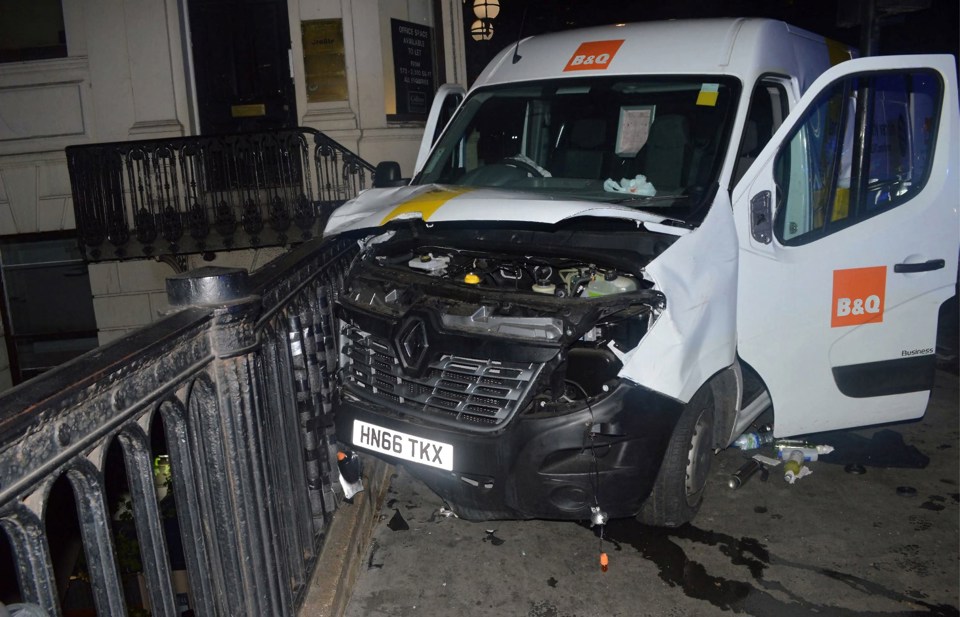The British Vehicle Rental and Leasing Association (BVRLA) has published a report assessing the threat of vehicle terrorism on the UK rental sector.
The report ‘Vehicles as weapons: a threat and policy assessment for the UK rental sector’, commissioned by the BVRLA and produced in association with the International Centre for the Study of Radicalisation, makes a number of recommendations on how the sector hopes to work with law enforcement organisations and policymakers from across Government.
Security services acknowledge that terrorists are increasingly relying on home-grown, low-tech, lone-wolf attacks. Many of which have involved the use of rental vehicles as weapons.
With around 15.5 million rental transactions every year, the vehicle rental sector provides a valuable ‘pay-as-you-go’ transport solution to meet the short-term needs of businesses and individuals across the UK. The sector believes that these attacks pose a significant threat to its ability to provide customers with an affordable and convenient service.
The BVRLA is asking Government to:
- Support the idea of an industry-led compulsory national accreditation scheme that would require all vehicle rental businesses to meet minimum standards in terms of their counter-terrorism security practices and procedures. These should be accredited through existing industry-based structures.
- Support the sector’s work with the insurance sector to provide a fair and workable way of pooling the risk associated with vehicle as a weapon terror attacks.
- Avoid any initiatives that cause undue disruption to businesses or individuals, or that introduce costs that cannot realistically be absorbed by rental operators. A balanced and proportionate approach is required.
The association is also asking for support from across the UK vehicle rental sector to:
- Increase the amount of counter-terrorism awareness training and guidance available to staff.
- Proactively and visibly publicise support of the national counter-terrorism campaign, ACT (Action Counters Terrorism).
BVRLA chief executive Gerry Keaney said: “Since 2017, the BVRLA and its members have continued to work closely, and more frequently with counter-terrorism police and policymakers.
“We are committed to working with different parts of Government and law enforcement to debate and develop strategies to help detect and mitigate the risk from terrorism.
“Through effective collaboration, we will develop more effective ways of sharing information, embrace new security technology and will share best practice with other countries and industry sectors.
“Our work is ongoing, and we hope that this report will provide some useful context and insight into the threat we are facing and the ways it can be dealt with.”



















Login to comment
Comments
No comments have been made yet.